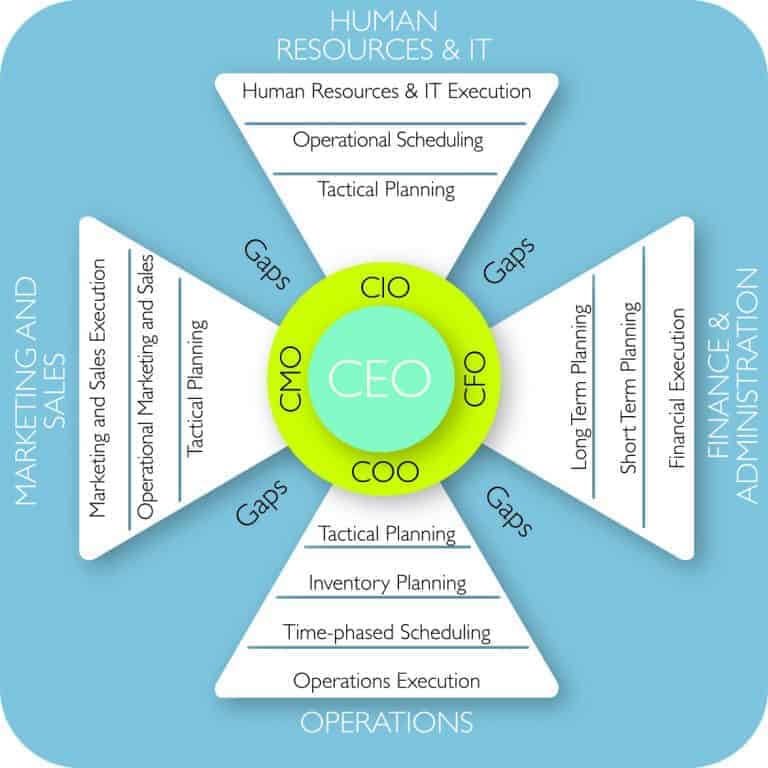Father of Modern Supply Chains unleashes another world first: “Green Supply Chains – A CEO’s handbook”
As the world leaders from more than 160 countries come together in Bali this week to do something tangible and positive about the climate change, the business is increasingly feeling the pressure to make a significant contribution.
Green Supply Chains – A CEO’s Handbook – available at a fee from Global Supply Chain Group discusses how corporations can drive their supply chains green with a positive bottom-line impact.
In 1978 when Dr. Wolfgang Partsch embarked on a journey through snow in Swiss Alps to his clients Landis and Gyr’s office in Switzerland , little did he know that the brainwave that struck him while using snow chains would unleash a tsunami of supply chain literature.
Since that eventful day more than 25 years ago, with its huge impact on the business Supply Chain has earned its rightful place in the boardrooms across the world.
Wolfgang himself has accomplished more than 100 projects with large multinational corporations around the world, adding more than $2 billion dollars of value in the process. Not that he talks a lot about it.
When the world credits you as the father of modern supply chains, you don’t have to blow your own trumpet.
Moreover, his eyes are always fixed firmly on the future. Dr. Wolfgang Partsch, now a senior partner with Global Supply Chain Group, based in Munich , Germany says “literally, the hottest issue today is Global Warming, and the business needs to play its role in finding a solution – along with the public and the governments.
Our extensive modeling reveals that the businesses stand to gain overall if they decide to move systematically and collaboratively to Green Supply Chains.
Our report shows the ways how. It should be on the bookshelf of every CEO and progressive manager.” With increasing pressure to be environmentally friendly in their businesses, the managers are finding the noise related to what is green, and what is not – slightly contradictory.
A case in point is the practice of Lean Manufacturing. By cutting waste it helps corporations become more ‘green’. However, the Just-in-Time delivery practice all increases the number of deliveries, increasing the environmental impact.
“Any corporation can become carbon neutral by outsourcing every carbon producing activity. To create real and tangible positive impact on the environment smart corporations are thinking beyond the traditional boundaries and reaping huge dividends in the public relations war” said Vivek Sood, the Managing Director of Global Supply Chain Group based in Sydney, Australia.
Potential for Green Supply Chains has long been recognized and acknowledged. However, many reasons have impeded the adoption of green supply chain principals by corporations.
One of the reasons has been lack of comprehensive methodology and tool kit to make it happen. Global Supply Chain Group has now released its new report titled Green Supply Chains – A CEOs handbook.
This report is based on the proprietary research, interviews with more than key 100 executives, original case studies, green system and process mapping, and nearly 12 man-months of original analysis by top-tier strategy consulting caliber analysts.
It gives a holistic view of the green supply chains through the decades, traces how business and supply chains have always moved in lock-step with each other and creates a map of future of the green supply chains.
It also takes into account the trends, the capabilities, the changing business needs, and geo-political realities to create a holistic view of Green Supply Chains and their key elements.
This report helps answer the 5 key questions one needs to answer in order to move your supply chains towards green supply chains:
6 key Question is Green Supply Chain Group:
- What are the tangible and intangible benefits of moving towards green supply chains?
- What are the costs – both direct, and indirect?
- What influence do we have over our suppliers, their suppliers and our customers that would allow us to jointly work together and move the supply chain towards a green supply chain?
- In our end to end supply chain, which party has the most influence? How can we encourage them to think ‘green’? Why?
- How will we communicate our progress towards the green supply chain to the key stakeholders? How will we engage them?
- More details on the report are available by contacting Global Supply Chain Group on the address given below.
About Global Supply Chain Group:
Global Supply Chain Group is pro-active in creating, configuring, and formulating effective, secure and sustainable supply chains around the world. With a collective supply chain experience of more than 120 years,
the senior team in Global Supply Chain Group has worked on more than 100 blue chip projects on all continents adding in excess of $1.5 Billion in value to their clients’ businesses.
Large corporations rely on Global Supply Chain Group to deliver outstanding results in their supply chain strategy, supply chain sustainability, supply chain security and supply chain performance.
Global Supply Chain Group works very closely, and sometimes anonymously, with the senior executive teams of large corporations to help them win outstanding Global Supply Chain Advantage through
- Supply Chain Transformations and Design,
- Supply Chain Strategies and Execution,
- Supply Chain Infrastructure and Efficiency,
- Supply Chain Information technology and Integration
- Supply Chain Processes and Personnel
Contact Details:
Global Supply Chain Group 102/621 Pacific Hwy St Leonards NSW 2065 Australia Telephone +61 2 8920 0694 Fax +61 2 8920 0689 Email: [email protected] Web: www.GlobalSupplyChainGroup.com





